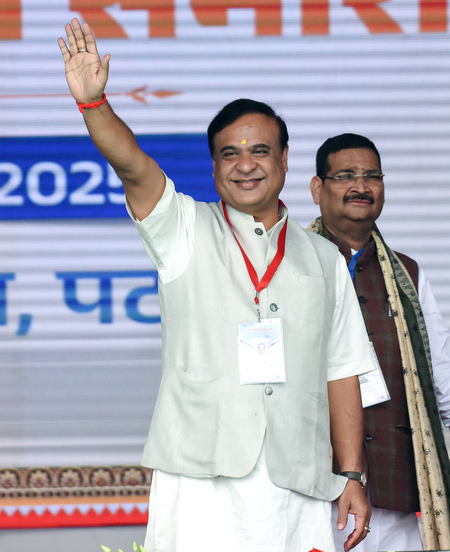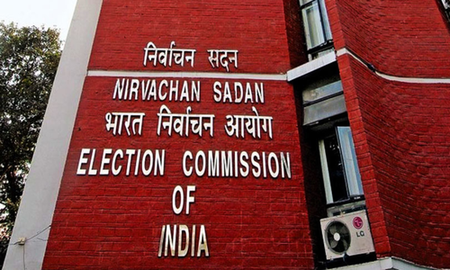
New Delhi, Dec 10 (IANS) The Union government on Tuesday said it has spent more than Rs. 147 crore to skill 1.42 lakh Persons with Disabilities (PwDs) since 2015.
In a written reply to a question in Lok Sabha today, Union Minister of State for Social Justice and Empowerment B.L. Verma that skill training was provided to persons with disability through the government and non-government organisations, across the country under the National Action Plan for Skill Development of Persons with Disabilities (NAP-SDP). NAP-SDP was launched by the Department of Empowerment of Persons with Disabilities in March 2015.
“Since the launch of the scheme, Department has provided the skill training to 1.42 lakh PwDs at a cost of Rs. 147.78 crore. Out of these PwDs, 28000 have been placed in wage-employment/self-employment,” Verma said.
“It is a demand-driven scheme and funds are released to empanelled training partners based on their proposal. The Department has requested State Skill Development Mission (SSDM) of all States/UTs, including Uttar Pradesh, to encourage conducting skill training for PwDs,” he added.
The main objective of the scheme is to enhance the skills of the disabled; and provide quality vocational Skill Training to Divyangjans to enable them to have gainful employment and to become self-reliant and productive.
Further, the MoS informed that the number of disabilities under the Rights of Persons with Disabilities (RPwD) Act, 2016 “has been increased from 7 to 21”.
Section 34 of the Act provides for a 4 per cent reservation in government employment to the persons with benchmark (40 per cent or above) disabilities. Further, Section 32 of the said Act provides a 5 per cent reservation in government or government-aided higher educational institutions for persons with benchmark disabilities.
Verma noted that the Central government also assists in schemes to assist disabled persons with the purchase/fitting of aids and appliances like motorised tricycles, wheelchairs, prostheses and orthosis, walking sticks, accessible smart phones, smart cane, low vision aids, and hearing aids.
–IANS
rvt/




